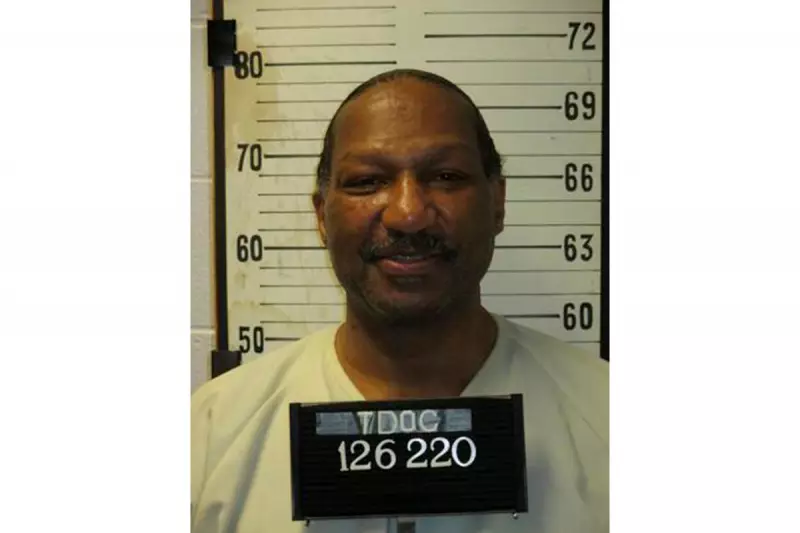
Tennessee has carried out the execution of a Black man convicted of murder, sparking renewed debate over racial disparities in the US death penalty system.
The execution, conducted via lethal injection, proceeded despite last-minute appeals from civil rights groups highlighting concerns about racial bias in the original trial. Critics argue the case exemplifies systemic issues within capital punishment cases involving Black defendants.
Controversial Case Reignites Debate
Legal experts note that statistical evidence continues to show racial bias in death penalty sentencing across America. Studies demonstrate that Black defendants are disproportionately sentenced to death, particularly when victims are white.
"This execution represents another failure of our justice system to address well-documented racial disparities," said a spokesperson from the Death Penalty Information Center.
Final Appeals Rejected
The executed man's legal team presented eleventh-hour appeals focusing on claims of inadequate legal representation during his original trial and potential juror bias. However, courts at multiple levels rejected these arguments.
Protesters gathered outside the prison facility as the execution took place, holding vigils and calling for death penalty reform. Similar demonstrations occurred in several major US cities.
Growing Opposition to Capital Punishment
The case comes as support for the death penalty continues to decline in America. Recent polls show a majority of Americans now prefer life imprisonment without parole over capital punishment.
Several states have paused executions or abolished the death penalty entirely in recent years, though Tennessee remains among the states that continue the practice.





